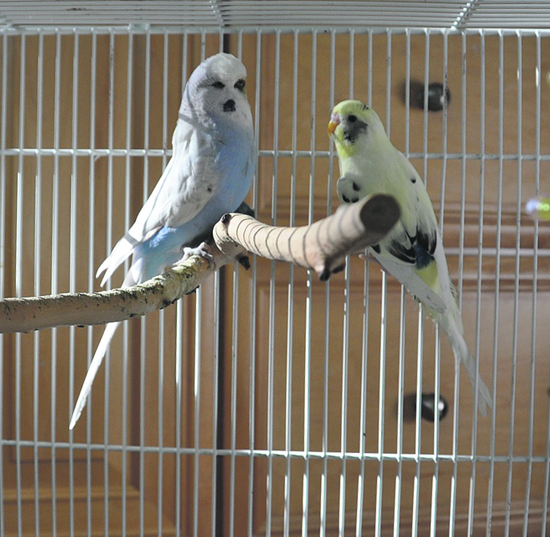
| ||||||
I recently attended an annual national conference hosted by the Association of Avian Veterinarians and the Association of Exotic Mammal Veterinarians, along with 500 other veterinarians and nurses. This is a five-day offering of lectures and labs covering a wide range of topics: bird behavior, ferret hormones, CT imaging of tortoises, rabbit dentistry, anti-seizure and arthritis medications for birds. Generally most species can have similar diagnostic procedures as mammals - blood panels, urine and fecal checks, radiographs, advanced imaging such as magnetic resonance and computer tomography. Some diagnostics are logistically difficult to perform, but not necessarily impossible, such as blood pressure checks. Most often, specialty centers are involved in advanced diagnostic and treatments, such as complicated surgeries.
Not all veterinarians work on all species. The biggest factor involved in that decision is what the individual vet feels comfortable with, based on his/her past experiences, level of education with those species and present/future interests. For instance, I grew up in the suburbs of Los Angeles with limited exposure to horses and I had minimal interest during vet school in pursuing a career in equine medicine. As a result, 20 years later, I do not feel I am qualified or competent to practice my skills on horses - and most horses know it! However, I have been interested in avian/exotic companion animal medicine and feel I am a good general vet for these species. There are also specialists in these disciplines - these vets are defined by a residency program and a specialty examination, similar to the process for a board-certified vet surgeon, internist, cardiologist, etc.
The species that I've worked on include the rabbit, guinea pig, chinchilla, hamster, rat and mouse, ferret, turtle and tortoise, and many species of birds. More unusual animals presented to me as family pets have included the sugar glider, prairie dog, turkey and back yard chicken. Clients value these animals along the same spectrum as dogs and cats, and the same set of options can be offered, from the conservative cost-saving approach to the highly technological and medically thorough approach.

Reach the reporter at:
Copyright
